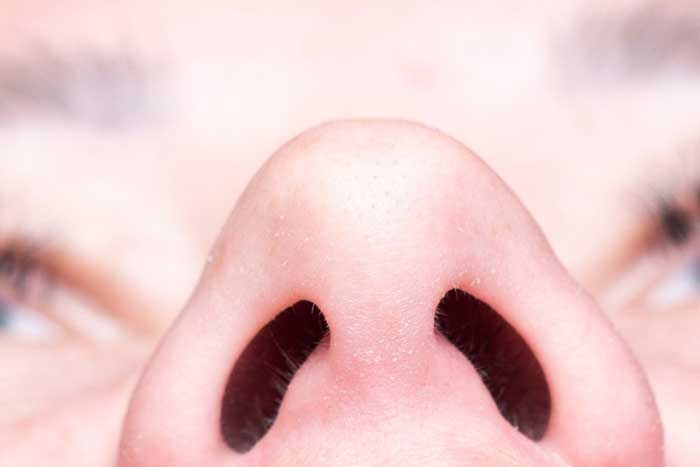A new study published in the journal Science Translational Medicine revealed that many people do not regain their sense of smell after bout of COVID-19 due to an ongoing immune system attack on the nerve cells in the nose. The study was published by researchers from Duke University, Harvard University, and the University of California in San Diego.
The researchers found that COVID-19 infection sets the body’s immune system to attack and destroy the nerve cells responsible for smelling functions in the nose. The disease also causes a decline in the volume of nerve cells remaining in the nose, making it harder for some people to detect smells or recover their olfactory functions fully.
Led by Bradley Goldstein, a neurologist from Duke University in North Carolina, the researchers obtained the olfactory epithelium – nasal tissue samples – of 24 people who were unable to smell things after recovering from COVID-19. The olfactory epithelium contains the neurons or cells that perceive odors.
After studying the neurons, the team discovered that a certain type of white blood cells that protects the body against infection – T-cells – were rife in the nasal epithelium tissue, evidently causing an inflammation that destroys the good neurons that detect smells. The attack of the T-cells on the neurons within the epithelium tissue within the nose destroys the neurons, making it impossible for them to function to detect smells.
“Fortunately, many people who have an altered sense of smell during the acute phase of viral infection will recover smell within the next one to two weeks, but some do not,” Goldstein said. “We need to better understand why this subset of people will go on to have persistent smell loss for months to years after being infected with SARS-CoV-2.”
Although the damaged neurons ultimately repair themselves and the affected patients recover their sense of smell, this is not always the case with everyone – prompting the need for researchers to get to the root of the problem with a view to developing effective treatments that can help former COVID-19 patients regain their smell detection.
“We are hopeful that modulating the abnormal immune response or repair processes within the nose of these patients could help to at least partially restore a sense of smell,” Goldstein stated.
While some people suffer the loss of smell long after they had recovered from COVID-19, others experience excessive fatigue, shortness of breath, anxiety, confusion, and other lasting effects of the disease. A study published in June in The BMJ estimates that about 15 million COVID-19 survivors around the world have lost their sense of smell.
Potential treatments could repair the epithelium neurons, and nasal creams or sprays can block the activity of T-cells to aid olfactory recovery.


